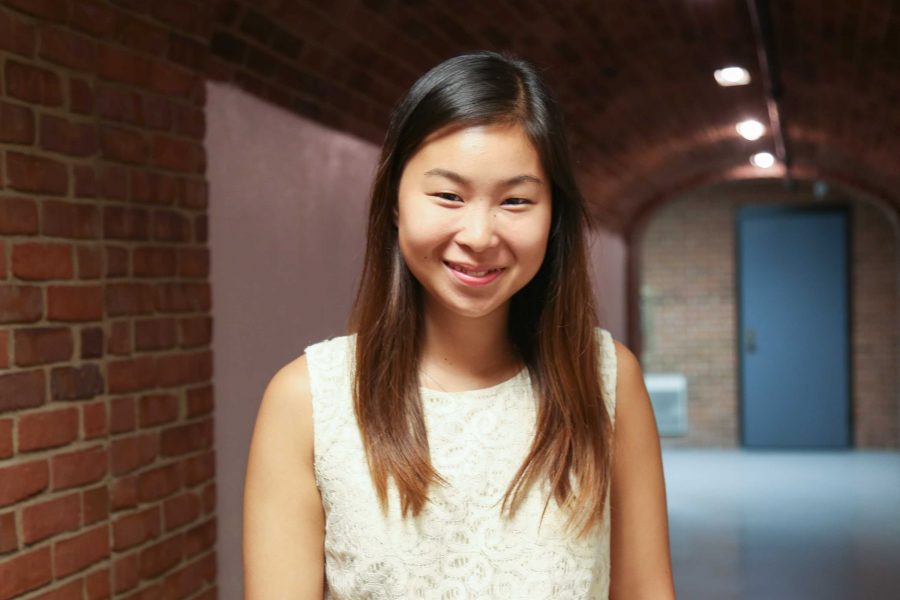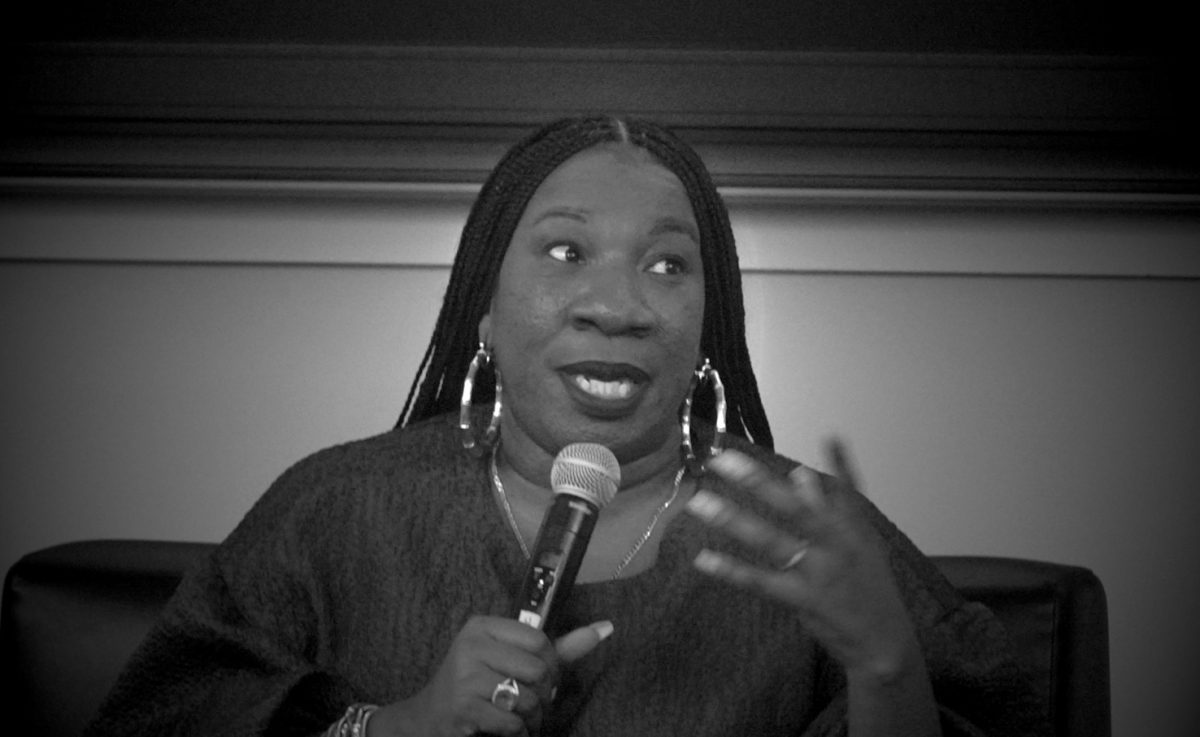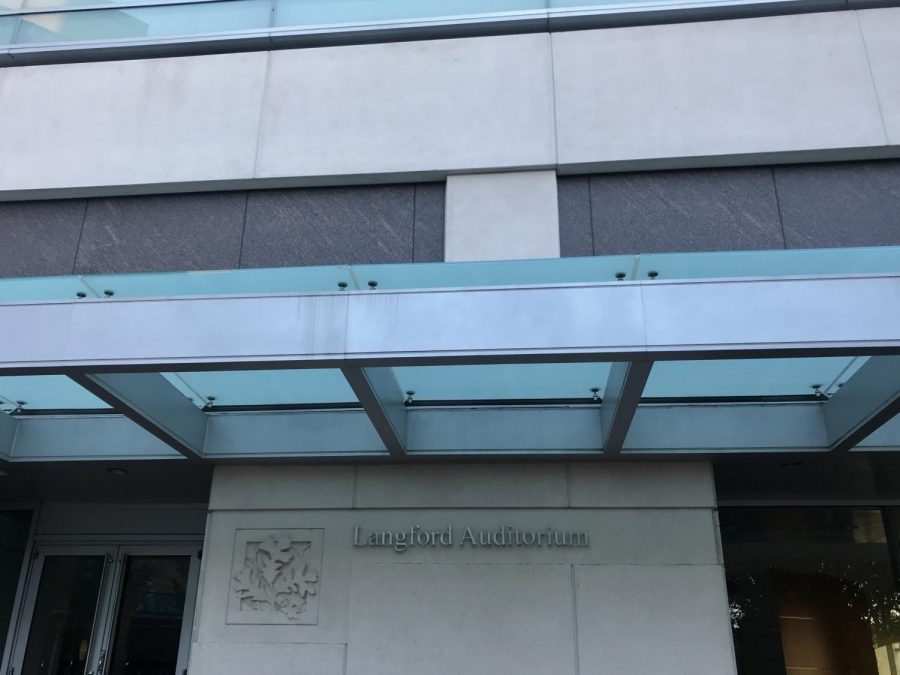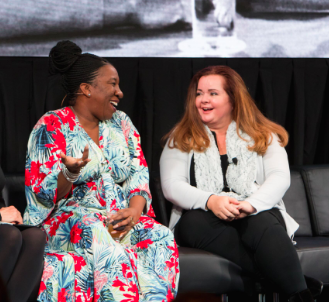In 2015, the Organization for Economic Cooperation and Development (OECD) ranked South Korea as having the largest gender pay gap among 16 countries surveyed including Chile, Japan, Canada and the U.S. It was also found that only 2.5% of board seats in the country are occupied by women. As one of the most developed countries in Asia, it is surprising that Korea would find itself so behind in these matters. But these statistics only reflect the permeance of patriarchal values still found in the country. Sons are valued over daughters. Women are expected to stay at home and serve their husbands. Feminism is taboo. In fact, Son Naeun, a singer of the group Apink, was accused of supporting feminism when she posted a photo with a phone case that read “Girls Can Do Anything” and forced to take down the post.
As the #MeToo movement has taken off in the U.S., however, it has surprisingly and fortunately begun to take hold in the socially conservative country. Women have begun to speak up amidst a culture of silence and submissiveness. In January, Seo Ji-Hyeon, a public prosecutor, accused a former Ministry of Justice official of groping her. Prosecutors make up a well-respected group in Korea and so women began to realize that sexual misconduct can happen to anyone. They came forward to post their stories on social media and protest in Seoul.
The most prominent stories tackle men in positions of power. The governor of South Chungcheong province and former presidential candidate Ahn Hee-Jung stepped down from office earlier this month following rape accusations from one of his secretaries. A well-known theater director, Lee Youn-Taek, confessed and apologized in February for his history of sexually abusing actresses saying he is “ready to take all punishment, including legal responsibilities.” A former contender for the Nobel Prize for Literature, Ko Un, will have his poems removed from textbooks and a library established in his name will be closed. Female politicians such as Lee Jae-Jeong, assemblywoman for the Democratic Party, and Lee Hyo-Kyeong, provincial assemblywoman for Gyeonggi-do Provincial Council, have come forward to recount their own experiences of sexual harassment.
President Moon has come out in support of the movement and the government has promised tougher laws on sexual misconduct such as extending the statute of limitations for power-based sexual abuse cases and establishing a way in which employees could anonymously report workplace sexual harassment through the Ministry of Labor. It will take more than laws, however, to bring about significant change. Chairwoman Lee Mi-Kyung of the Korea Sexual Violence Relief Center says “the real problem is not that these stories are hidden, but that society does not want to listen.” Women taking charge and fighting for their own cause is seen as unnecessary. It goes against the perception of women as quiet and submissive. Therefore, more than anything else, societal expectations of women in Korea must change.




